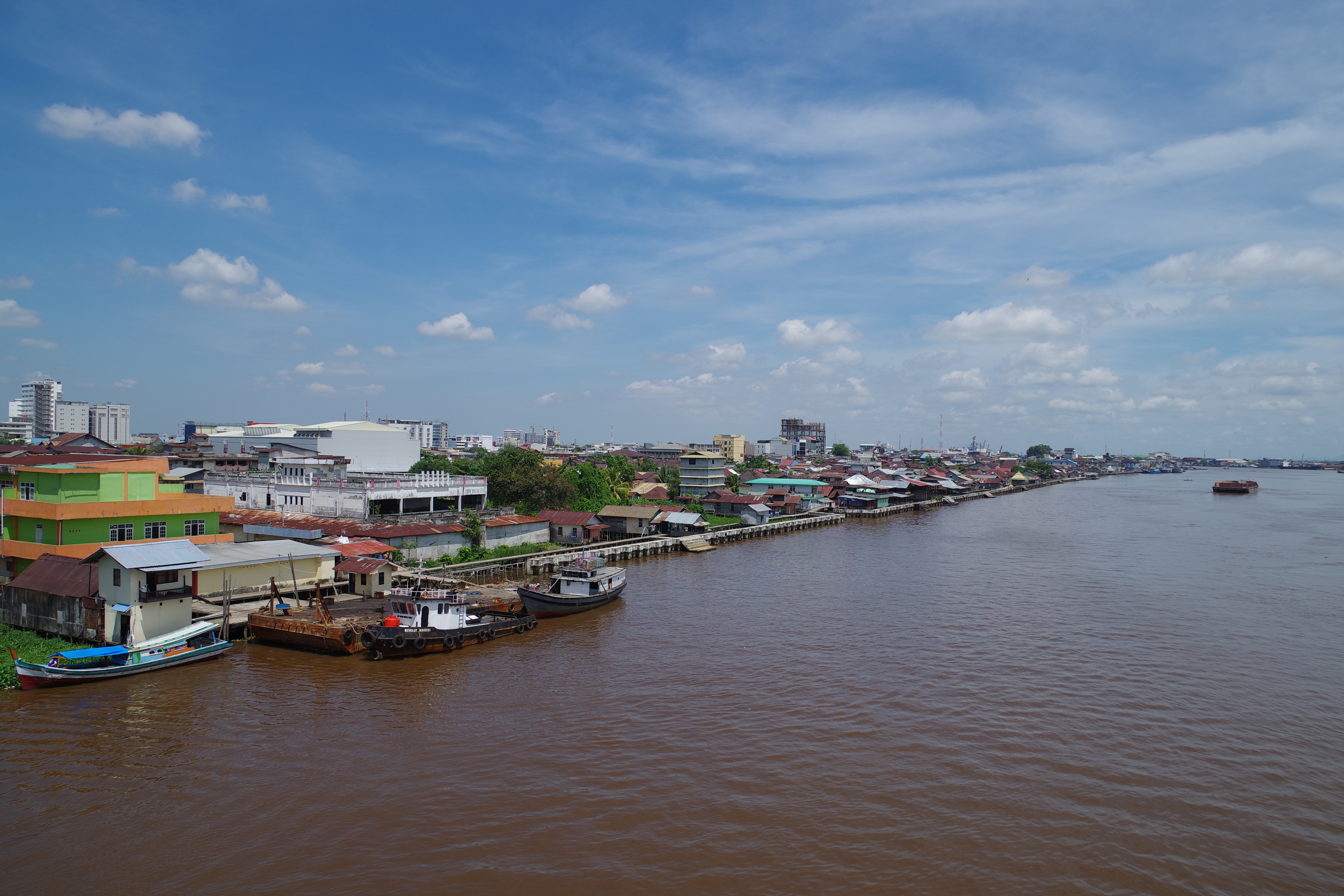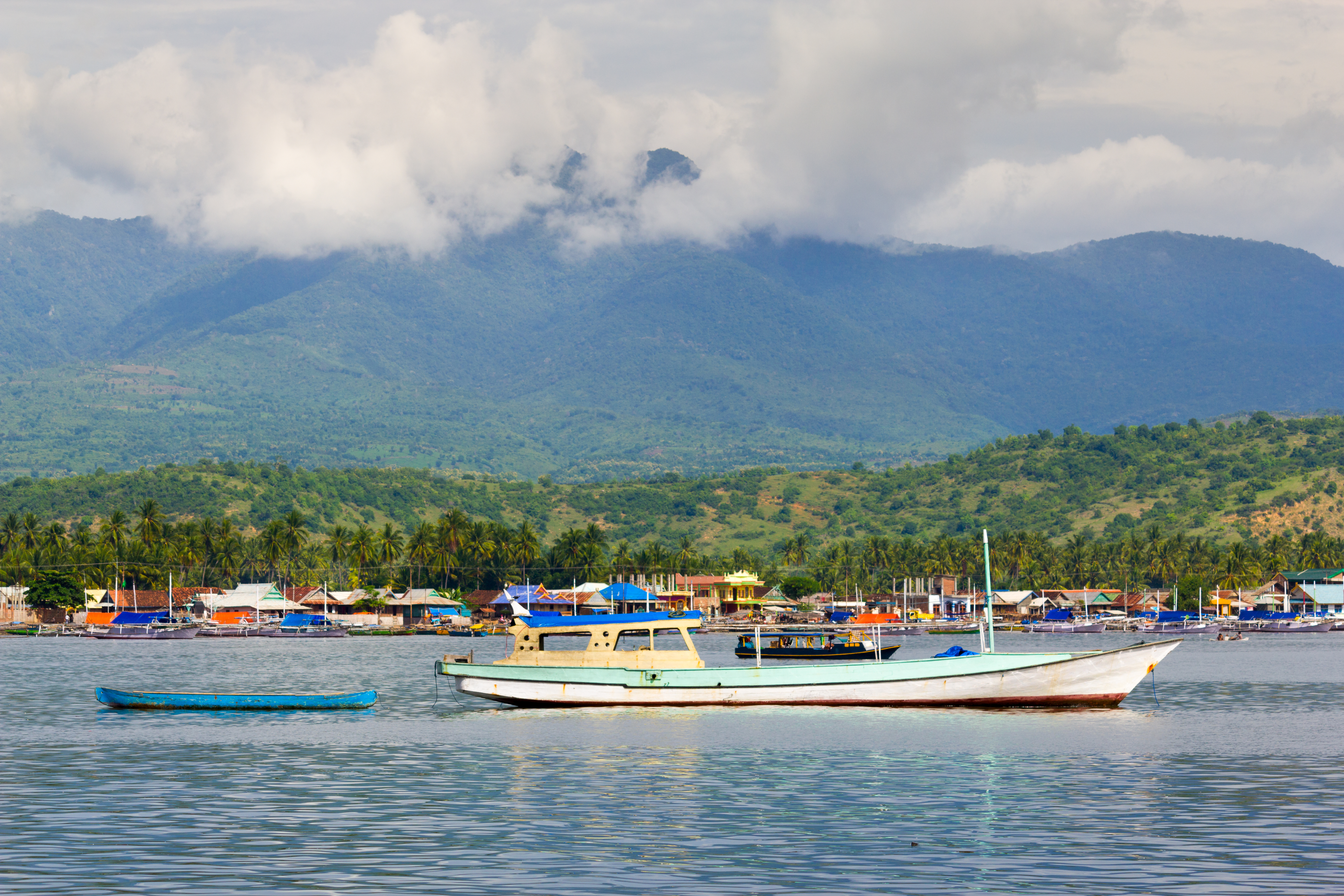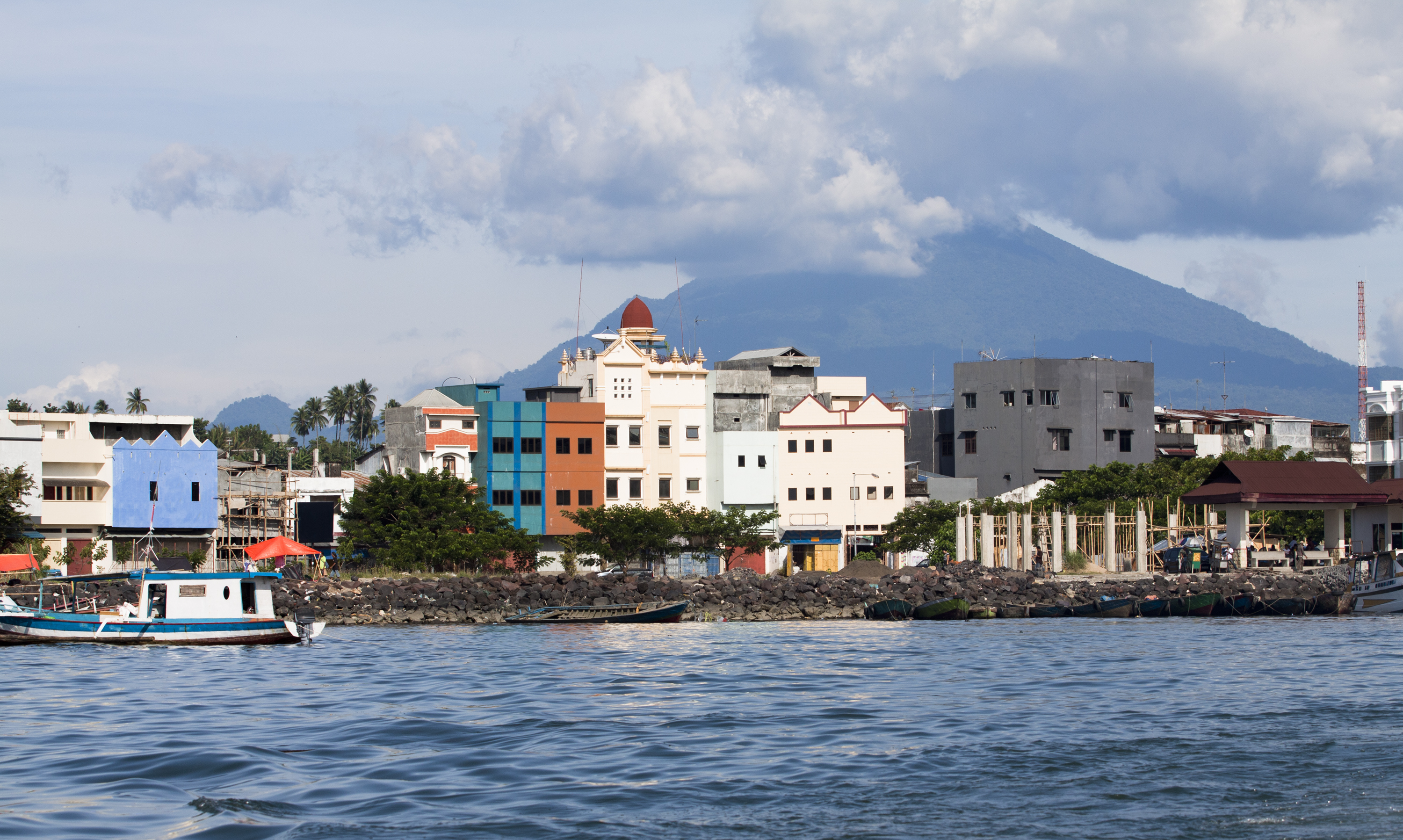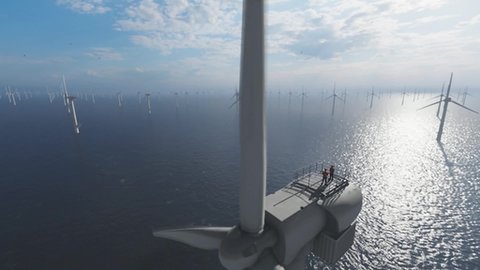Better living conditions in Indonesian slums
What exactly is the effect of poor water quality or flooding on the well-being and health of people who live and work in a disorganised environment? That is one of the questions addressed by the Resilient Indonesian Slums Envisioned (RISE) project. The Indonesian Ministry of Research and Technology and NWO (the Netherlands Organisation for Scientific Research) are funding two research projects in Indonesia that focus on regional planning and sustainable urbanisation.
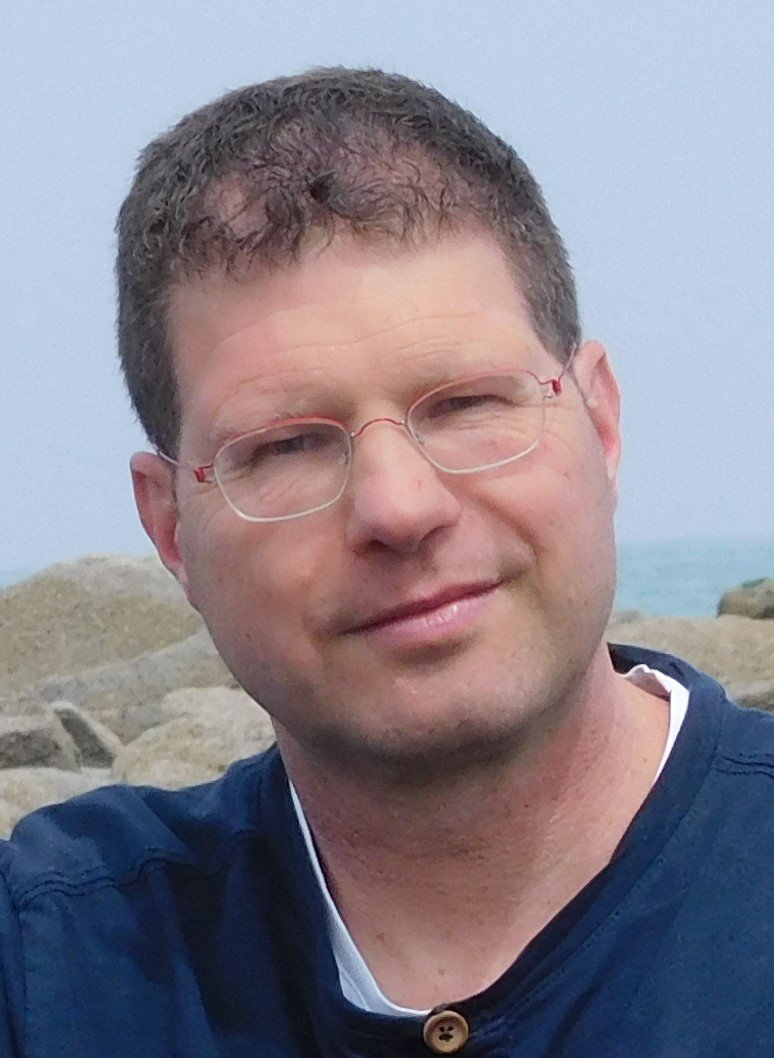
To arrive at sustainable solutions and to meet the ‘RISE to the water challenge’, the active involvement of these local communities and other stakeholders affected by government measures is vital
Edwin de Jong - Principal investigator of RISE, Radboud University
RISE is one of them. Its primary focus is on making the methods and models that are used more inclusive. In this project, we are working with Radboud University and the University of Jakarta. The cities of Bima, Manado, and Pontianak are ideal for this study.
At present, analyses do not distinguish clearly between approaches for prosperous and poorer areas. Our models are not always designed for this purpose. For instance, they do not calculate the long-term effect of compulsory social insurance for flood risks, or predict spatial development in an area given a specific flood probability. This in turn affects the future flood probability and the risk. The hope for the RISE study is that it will bring about an improvement in this respect.
To arrive at sustainable solutions and to meet the ‘RISE to the water challenge’, the active involvement of these local communities and other stakeholders affected by government measures is vital. As a result we also have an interdisciplinary team that, in addition to looking at changes in water quality and quantity, also investigates local views about well-being and decision-making processes. The idea is that all this information will lead to the development of a socio-ecological interaction model for resilient slums with sustainable water management.
CIrcle
There is already a range of tools for involving local stakeholders and inhabitants in learning to understand complex problems together. CIrcle is a good example. The cascade concept ties in well with what we think we will find about socio-ecological relationships between people and the environment in this project.

By working specifically on the water issues surrounding slums and the city, we want to reimagine the true potential of a well-managed city
Prasanti W. Sarli-Asih - Assistant Professor at the Faculty of Civil and Environmental Engineering
The Indonesian city of Pontianak
Pontianak is a large city (with almost a million inhabitants) in a flat lowland with low-rise buildings. It is surrounded mainly by peat, and it rains almost year-round.
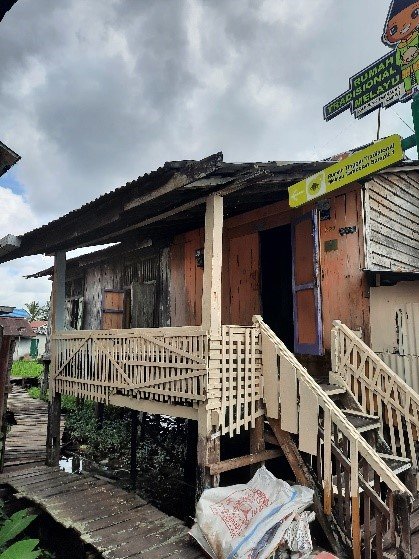
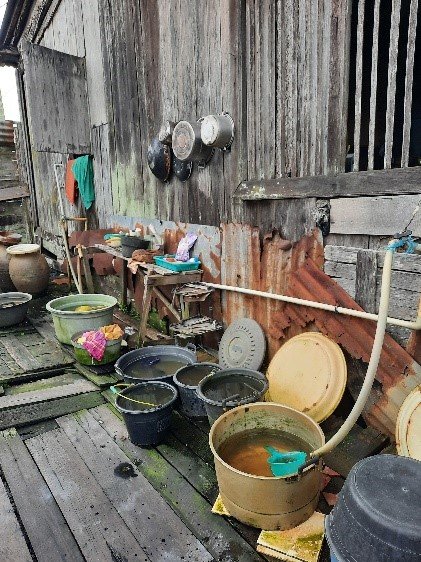
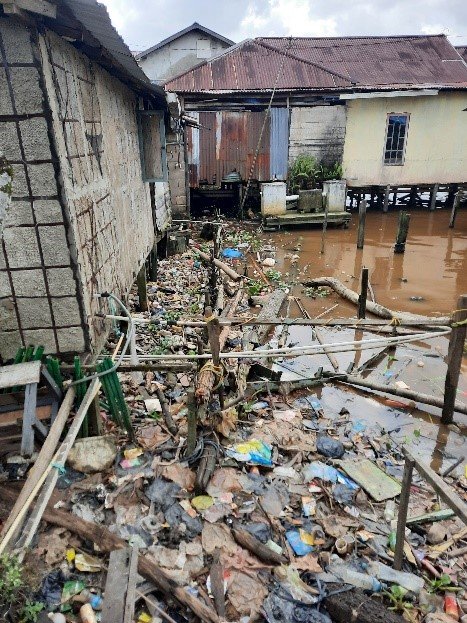
The Indonesian city of Bima
Bima is the largest city on the eastern coast of the island of Sumbawa, with a population of around 150,000. The city is located in a drier area of Indonesia.
The Indonesian city of Manado
Manado is the capital of the province of North Sulawesi, located on the Minahasa Peninsula of the island of Sulawesi. With a population of around 450,000, the city is a bustling tourist town, built on the steep slopes of three volcanoes.
